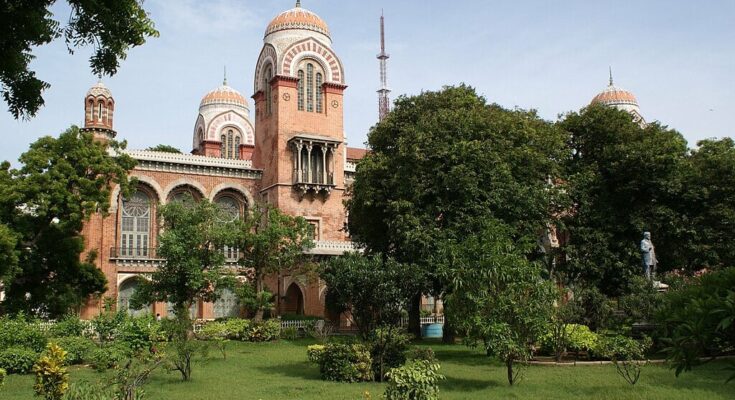The madrasas of India are primarily centers of Islamic rote learning, or so the critics say, but there are a number of schools on the subcontinent that still teach the ancient Greek philosophy of Aristotle and Plato.
A question from the year-10 examinations in madrasa schools in Uttar Pradesh, as reported by Scroll.in, an Indian news site, prompts students to “write an essay that explains the distinction between conceptual thought and certified knowledge and their form. ”
For students to answer this question, they will need to understand philosopher Avicenna’s key theories, but they will also benefit from familiarity with the ideas of ancient Greek philosopher Aristotle, who first conceptualized the idea of the difference between imagination and assertion, or certified knowledge.
These thought systems from early religious and philosophical thinkers, which includes an exam on logic and philosophy, are part of the curriculum provided to students at the Uttar Pradesh Madrasa Education Board. However, most Indian school-level curriculums do not offer philosophy as a subject of study.
Ancient Greek thought in madrasas
According to Scroll.in, early in their education, madrasa students are exposed to a range of Aristotelian and neo-Platonic thought. Entire classes deal with rational sciences that span ancient Greek and Islamic philosophical traditions.
Critics of madrasas claim they teach irrelevant, strict Islamic religious instruction with no room for the spirit of enquiry. The centers are viewed as breeding grounds for fundamentalism and religious dogma. These critics argue that this kind of “education” does not prepare students for the real world.
Supporters of madrasas recognize and accept these criticisms, and have made efforts to rectify this right by including science and languages such as Hindi and Bengali in the syllabus. However, they refuse to alter what they believe is the core of the curriculum, which is religious education based on revealed truth in religious texts.
A large portion of Madrasa education is based on Islamic religious teaching. There are thus limits, but, as argued by Scroll.in, the education at such institutions is not subpar or based solely on rote learning.
In fact, the madrasa curriculum reportedly covers many diverse systems of thinking that other education boards do not. It is argued that madrasas are in fact one of the few remaining institutional bodies where Classical learning and knowledge are explored.
Due to the flow of philosophical ideas from the ancient Greek world to the Islamic world and the fact that much of Islamic thought drew from Aristotelian and neo-Platonic principles, a huge amount of the modern madrasa syllabus is based on ancient Greek thinking.



